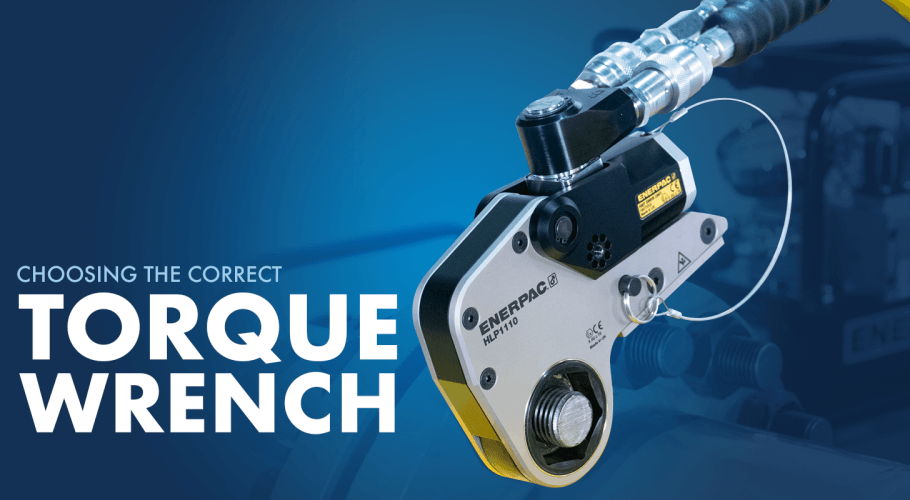
Torque wrenches have been around for almost 90 years. With advancements in torque wrench designs and the increased focus on safety, choosing the correct torque wrench for an application can be complicated.
As bolting technologies have improved, so has the technical aspect of the use of torque wrenches. Controlled bolting specialists, such as The HTL Group, specifically support customers with all aspects of torque wrenches. As technicians now require accredited Training before touching a wrench, HTL offers customers across oil and gas, wind, construction to name a few, technical Training, and gives companies the full suite of rental, sale, and calibration of torque wrenches. All companies should provide a trained individual if they are operating a high-powered tool, with a torque wrench that operates correctly.
Across many heavy industries, we see the use of hydraulic torque wrenches used to achieve precision bolting. This is mainly due to the high torque requirements and corroded fasteners seen on many applications, which would require more man-power and higher labour intensity if carried out manually. Heavy-duty industrial applications, such as flange bolting, provide the perfect opportunity to take advantage of hydraulic torque wrenches. They have been refined over time, and new versions have been developed, so it’s now possible to buy and use lightweight and smaller nose-radius variants for easy access, such as the Enerpac HMT-Series Torque Wrench range.
There are also applications that are much more suited to the use of a manual torque wrench. Applications that require low levels of torque often mean that a manual torque wrench can be used, providing there is ample space around the bolting application. Using this method is faster and allows users to avoid the set-up time required when using a hydraulic torque wrench, as there are no pumps or hose connections needed to operate a manual torque wrench.
Torque wrenches, whether hand or hydraulic, should only ever be used up to 70% and 80% of their maximum working range. Beyond this, users should think about changing to a larger wrench that will achieve the desired torque, but with a lot less strain on the tool. As with both types of torque wrenches, it is vital to ensure the tools are calibrated to industry standards to ensure the highest possible accuracy during operation.
HTL Group are controlled bolting specialists who have decades of experience in the use of torque and tensioning techniques. The Group are renowned for their premium range of hydraulic and manual torque wrenches readily available for hire and sale, with hydraulic torque wrenches that provide customers with a safe, reliable and economical solution to their controlled bolting requirements.
Browse the Torque Equipment range and service offerings.